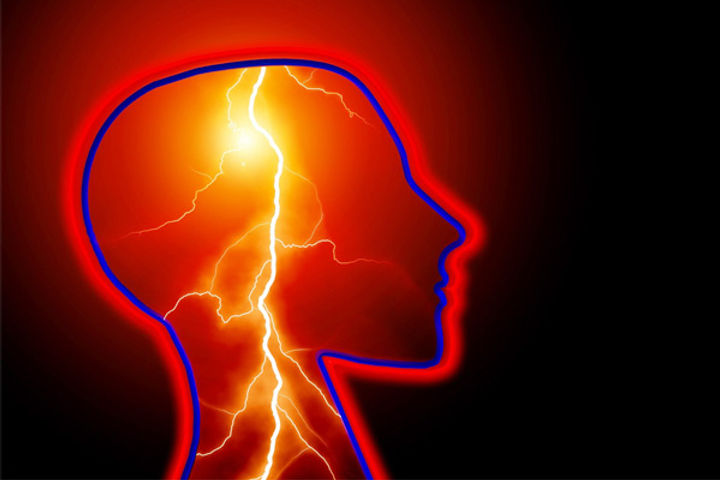Sleep-wake disturbances increase risk of recurrent events in stroke survivours
Shortpedia
Content Team
Image Credit: shortpedia
Sleep-wake disturbances including sleep-disordered breathing, extreme long or short sleep duration, insomnia, and restless leg syndrome can lead to high risk of cardio-cerebrovascular incident in the two years following a stroke, according to new study. This finding by Professor Claudio Bassetti of Switzerland suggests assessing and improving sleep patterns in stroke survivors might improve their long-term outcomes.









